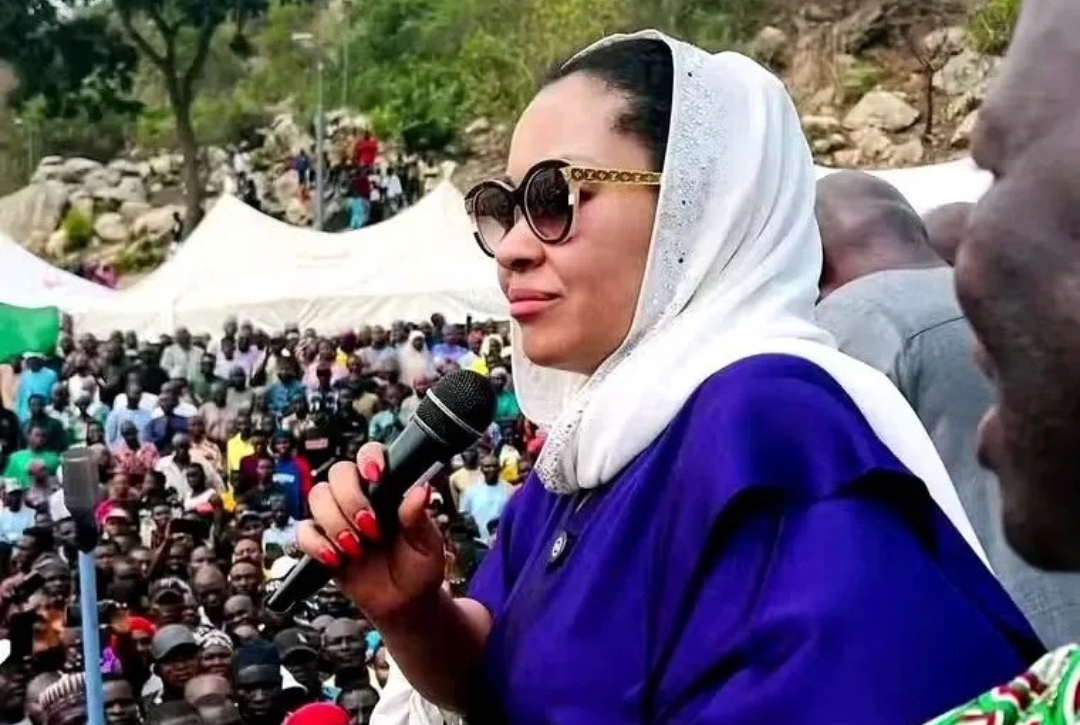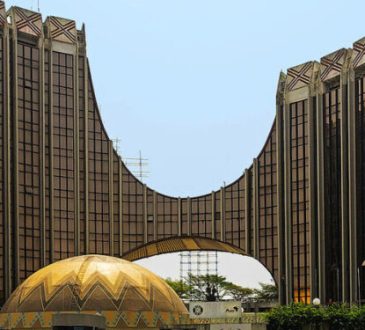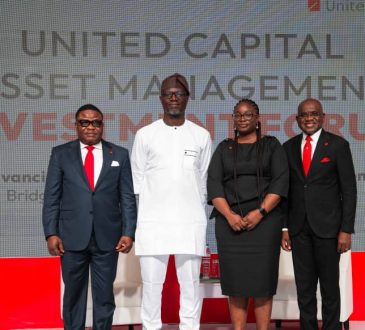
Yusuf Rabiu went door-to-door urging people in the northern Nigerian city of Kano to vote for President Muhammadu Buhari in last year’s elections. Now he’s regretting his decision.
“We expected him to solve our economic problems,” Rabiu, a 36-year-old hat seller, said at the city’s Kurmi market as a group of friends nodded in agreement. “I didn’t know voting for him would mean more hunger, more suffering.”
After ending the 16-year reign of the People’s Democratic Party last year in what won praise as a peaceful transition of power in Africa, Buhari is facing a firestorm of criticism. Even some of his ruling party members have met with their erstwhile opponents about forming a new party to challenge him if he seeks re-election in 2019, according to two people familiar with the meetings.
For Buhari, who ruled as a military dictator in the 1980s, 2016 has been a tough year. He pledged the naira currency would become as strong as the dollar — it hit record lows after the central bank removed its peg in May and currently trades at 316 to the greenback. Gasoline prices that were to be slashed by two-thirds have risen about 67 percent since he took office. Now Africa’s second-biggest economy is heading toward its first full-year contraction in a quarter-century, while inflation is at an 11-year high.
Broken Promises
“He made a lot of promises that people bought into, and some of these he has denied or failed to keep,” Clement Nwankwo, executive director of the Policy and Legal Advocacy Centre in the capital, Abuja, said in an interview. “The fundamentals were bad when he took over but not as bad as they are today.”
Even Buhari’s wife, Aisha, has lost patience. She told the British Broadcasting Corp. on Oct. 14 that she wasn’t sure if she would campaign for his re-election, saying a small clique of people controlled his government and appointed most of his cabinet.
Upon taking office, Buhari was dealt a very poor hand: a collapse in prices for crude, the West African nation’s main export, and production cuts caused by militant attacks in the oil-rich Niger River delta. In the far northeast, the Islamist militant group Boko Haram terrorized the population with kidnappings and suicide bombings.
His six-month delay in naming a cabinet created uncertainty about his administration’s fiscal and monetary policies. Then, as the naira tumbled on the parallel market, Buhari slapped an import ban on 41 items, damaging manufacturing and trade.
Brent crude, which compares with Nigerian oil grades, rose 0.6 percent to $55.68 as of 7:54 a.m. in London, the highest since July 22, 2015.
“They met a bad situation and they made it eminently worse,” Junaid Mohammed, a former lawmaker from Kano who’d been critical of Buhari’s predecessor, Goodluck Jonathan, said in an interview.
Keep Faith
Sensing the dwindling support, Buhari urged Nigerians on Dec. 12 “not to lose faith in the ability of this administration to make a difference in the lives of our people.” Two days later, while presenting 2017 budget proposals to lawmakers, Buhari pledged to act to “pull the economy out of recession as quickly as possible.”
On Sunday, Buhari ordered the attorney-general to investigate allegations of corruption by some of his top aides, presidential spokesman Garba Shehu said, without naming them.
Buhari’s decision to choose loyalists from his mainly Muslim northern region for important security and cabinet positions has stoked resentment in the mainly Christian southeast, fueling secessionist demands, and complaints in the southwest ethnic Yoruba heartland that was key to his presidential victory. Out of 17 top positions in the army, navy, air force and other security agencies, three are from the south.
Mounting Disquiet
Mounting disquiet in the coalition that propelled him to office erupted in October when Bola Tinubu, who helped mobilize support for the president’s campaign in the southwest, published a statement attacking the APC’s chairman John Oyegun, a Buhari ally. Tinubu was supported by ex-Vice President Abubakar Atiku, who also backed Buhari in the election.
Time is becoming Buhari’s biggest enemy, according to Manji Cheto, senior vice president for West Africa at New York-based Teneo Intelligence.
“Effectively, he’s only got next year to turn things around before the election cycle starts,” she said by phone. “Next year will be a breaking point for a lot of Nigerians, particularly if we get a spike in gasoline prices and food inflation keeps rising. In that case, I don’t see how they’d be able to keep people off the streets.”
Source: Bloomberg.






